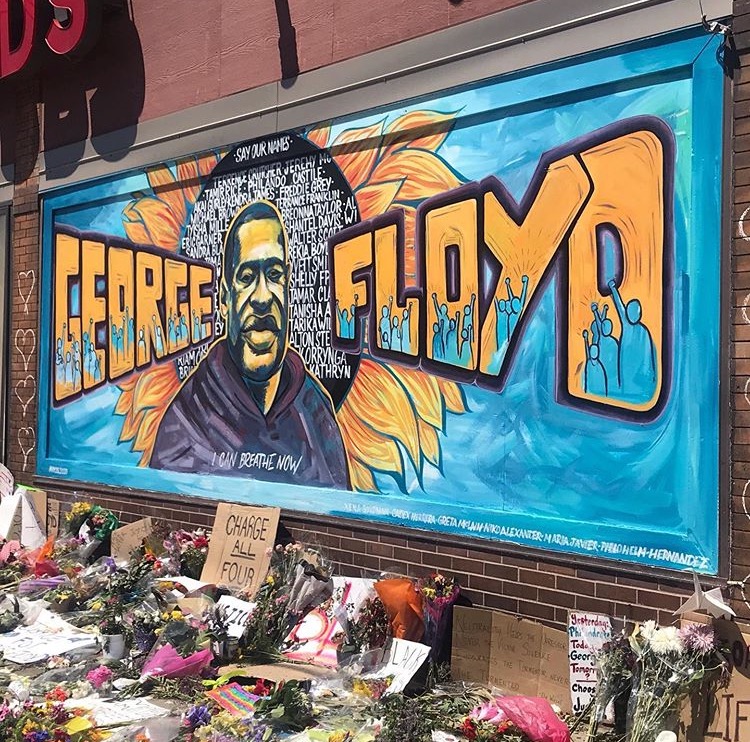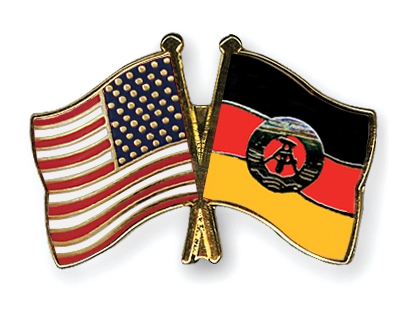The recent protests in response to the murders of Ahmaud Arbery, Breonna Taylor, and George Floyd in our own Minneapolis, coupled with the spread of Black Lives Matter (BLM) protests across the globe, have sparked a much-needed conversation within the field of Genocide Studies. The BLM movement calls for the end of anti-Black racism in the United States (and around the globe), and the movement has shined a light on an American legacy of systemic racism — or racism that is ingrained within our social, cultural, and political institutions.


